In Content Management Systems (CMS), WordPress has long been celebrated for its prowess in creating and managing websites. While it’s often associated with small to medium-sized websites, the truth is, WordPress is not just for the modest endeavors – it can be a game-changer for large-scale enterprises as well. In this comprehensive guide, we’ll delve into why WordPress is a stellar choice for enterprise websites and provide a step-by-step roadmap for crafting a compelling digital presence for your company.
Understanding Enterprise Websites
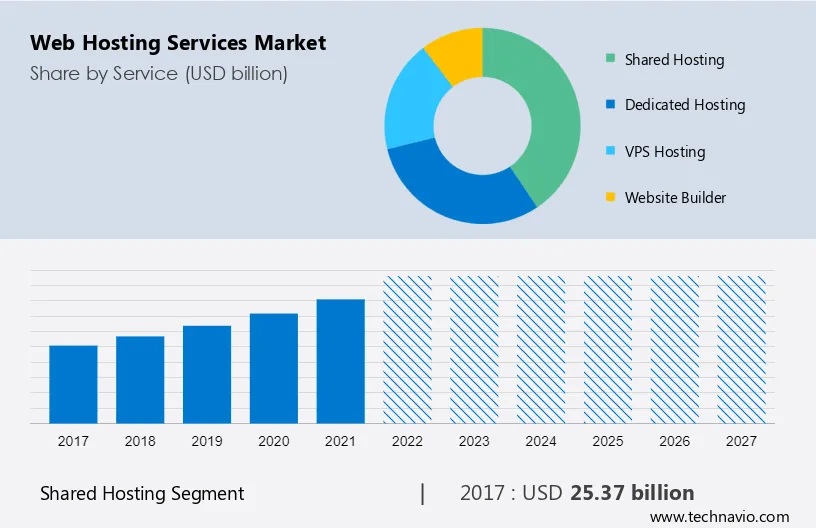
Enterprise websites are the digital fortresses of large organizations built to handle the intricate demands of expansive businesses. Unlike their smaller counterparts, these sites necessitate robustness, flexibility, and scalability to keep pace with the rapid growth of the enterprise. From intricate designs to sophisticated development and rigorous maintenance, the requirements for enterprise websites are extensive and diverse.
Here are the key requisites for enterprise websites:
- Scalability: Able to handle substantial traffic and content volumes without compromising performance.
- Customization: Demand for tailor-made functionalities aligned with company-specific business processes.
- Security: Enhanced security features crucial to protect sensitive data and maintain customer trust.
- Integration Capabilities: Must seamlessly integrate with various business systems, such as CRM software, inventory management tools, and marketing automation platforms.
- Multilingual and Multi-regional Support: Global enterprises must support multiple languages and currencies.
- High Site Performance and Reliability: Consistent uptime and quick loading times ensure customer engagement and satisfaction.
Can Enterprise Websites Use WordPress?
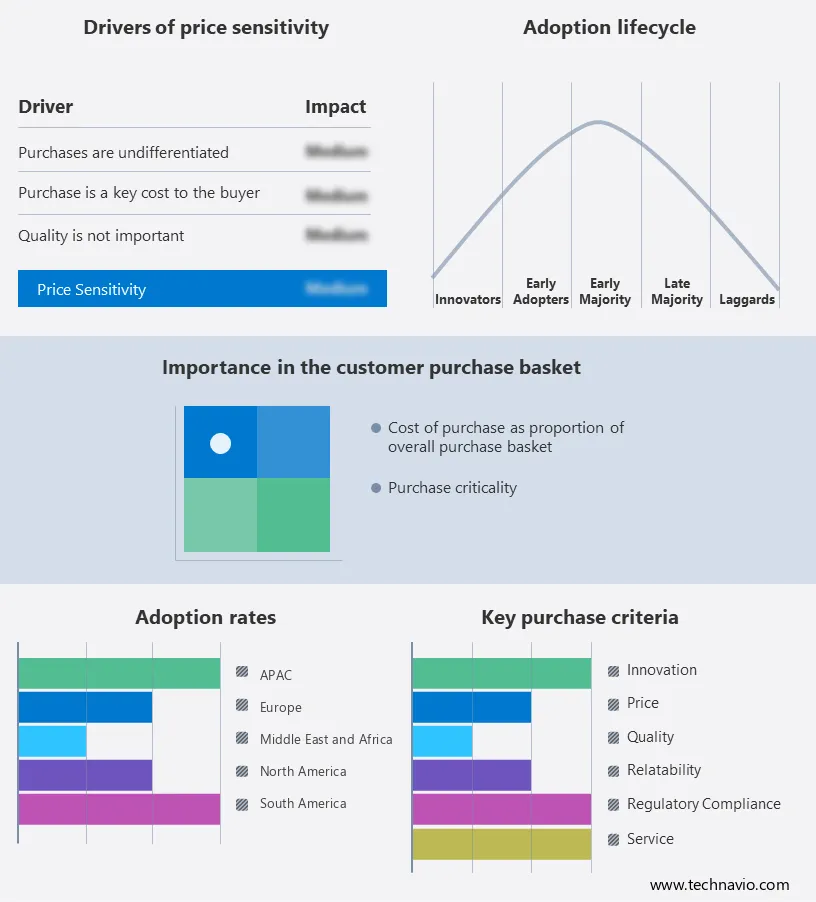
Absolutely. WordPress, an open-source powerhouse, provides extensive customization and scalability – imperative for large-scale operations. The key lies in establishing a robust server infrastructure. Choosing a reliable WordPress hosting provider with optimized performance and security is paramount to unlocking the full potential of WordPress for enterprise websites.
- Extensive Customization: WordPress’s open-source nature empowers enterprises with the ability to undergo extensive customization. This flexibility allows tailoring the platform to the unique and specific needs of large enterprises, ensuring that the website aligns seamlessly with business goals and requirements.
- Robust Ecosystem: The WordPress ecosystem boasts a vibrant array of plugins and themes, offering a wealth of possibilities for enhancing both functionality and design. This extensive library allows enterprises to choose from a diverse range of tools and visual elements, providing limitless options to create a website that meets their exact specifications.
- Scalability: One of WordPress’s standout features is its innate scalability. As enterprises grow and evolve, WordPress can effortlessly scale to accommodate the expanding operations and evolving needs. This adaptability ensures that the website remains robust and capable of handling increased traffic, content, and functionality.
- SEO Capabilities: WordPress is renowned for its inherently SEO-friendly structure. The platform facilitates effective search engine optimization, contributing to enhanced visibility in search engine results. This is pivotal for enterprises aiming to attract a broader audience and maintain a competitive edge in the digital landscape.
- Cost-Effective: In comparison to certain proprietary CMS platforms, WordPress stands out as a cost-effective solution. This affordability makes it an attractive choice for enterprises seeking value without compromising on functionality and features. The cost-effectiveness of WordPress is particularly beneficial for businesses aiming to optimize their budget allocation without sacrificing quality.
Let’s explore some real-world examples where WordPress stands tall in catering to the needs of significant enterprises:
- Kaiser Family Foundation (KFF): Dedicated to health policy research and analysis, KFF relies on WordPress to handle and present complex data, showcasing the platform’s robust content management capabilities.
- NewsCorp Australia: As Australia’s largest digital news network managing over 90 brands across 15 WordPress sites, NewsCorp Australia attests to WordPress’ ability to support high-traffic, content-rich enterprise websites, even in the most demanding scenarios.
Learn about enetrprise reporting here.
Points to Consider for Enterprise Websites:
1. Choose an Enterprise WordPress Host

Selecting the right hosting provider is critical when managing an enterprise-level WordPress site. Your hosting solution should possess specific attributes to ensure optimal performance, reliability, and security for your website, especially when dealing with high traffic and complex operations.
When evaluating hosting providers, look for features that cater to the unique needs of enterprise WordPress sites. Specialized caching for dynamic content and dedicated IP addresses can significantly enhance performance, particularly for websites with personalized or multilingual content.
Nestify’s cloud hosting plans are specifically designed to meet the demands of WordPress enterprise solutions. Notably, including a built-in Content Delivery Network (CDN) ensures that your site can efficiently deliver content to global audiences, enhancing overall user experience.
Security is paramount for enterprise websites, and we addresse this with robust features such as daily backups and advanced Distributed Denial of Service (DDoS) protection. The 99.9% uptime guarantee further ensures that your enterprise website is securely accessible to visitors around the clock.
For businesses exploring alternatives to WordPress VIP, Nestify provides an excellent hosting solution for enterprises looking for reliable and cost-effective options. Regardless of the size or complexity of your company or enterprise website, our hosting options are crafted to accommodate your specific needs, ensuring a dependable online presence.
2. Set Up Essential Website Features
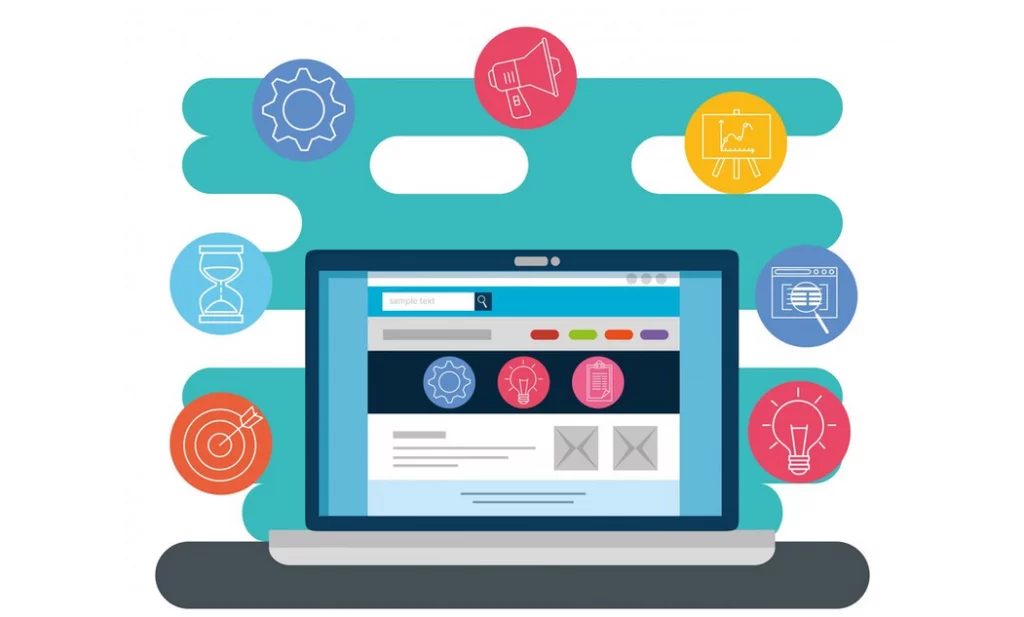
Creating a feature-rich enterprise website involves setting up essential features tailored to your business model and target audience. WordPress plugins play a crucial role in enhancing functionality and user experience. Consider the following plugin categories to customize your website:
- eCommerce Plugins: Use plugins like WooCommerce to transform your WordPress site into a comprehensive eCommerce store, incorporating features such as product listings, shopping carts, and secure payment options.
- Transactional and Booking Plugins: Plugins like WooCommerce Bookings seamlessly integrate a booking solution into your WordPress site for businesses managing appointments and reservations.
- Learning Management System (LMS) Plugins: Platforms targeting educational markets can utilize plugins like Tutor LMS to create a robust online learning environment featuring courses, quizzes, and interactive learning modules.
- Membership Plugins: MemberPress is an ideal choice for membership-based sites, facilitating subscriptions, content restriction, and user management for selling exclusive content and building a community.
- Content Management Enhancement Plugins: Improve WordPress content management with plugins like Advanced Custom Fields, offering greater flexibility in layout and design.
Remember to install payment gateway plugins like Stripe if you choose WooCommerce for your online store, ensuring secure and versatile payment options for your customers.
Learn more here.
3. Secure Your WordPress Site
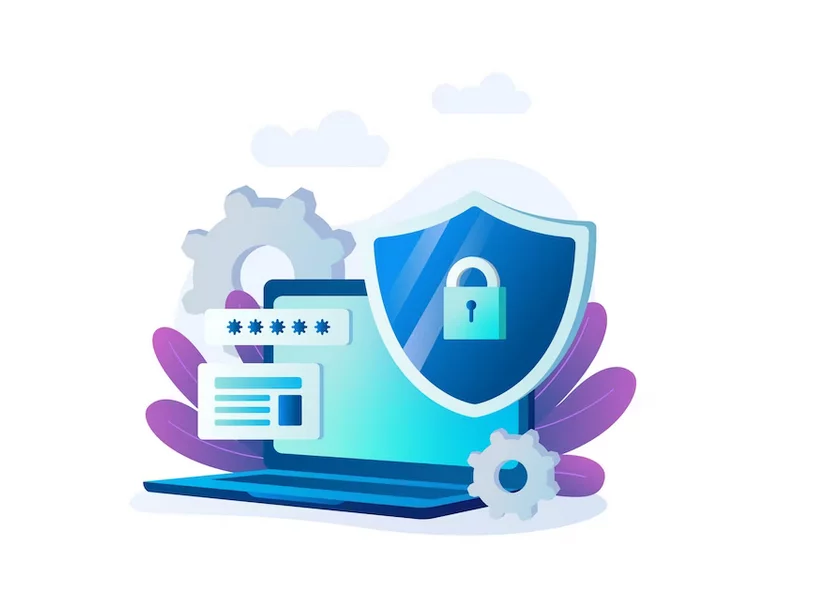
In December 2023, Norton Healthcare fell victim to a ransomware attack, compromising the personal data of approximately 2.5 million patients and employees. This incident underscores the critical importance of fortifying the security of your WordPress site, mainly for enterprise-level websites where data breaches can lead to severe financial, reputational, and legal repercussions. To safeguard your site, follow these key security measures:
- Install a WordPress Security Plugin: Employ robust security plugins like Wordfence or Sucuri, providing malware protection and defense against unauthorized logins. These plugins conduct regular scans to identify security vulnerabilities and offer login protection features.
- Implement SSL Encryption: Secure your data using an SSL certificate to encrypt information transferred between the server and end-users. For enterprise sites, consider Extended Validation (EV) SSL certificates for the highest level of authentication and trust.
- Regularly Update WordPress and Plugins: Ensure the ongoing security of your site by keeping the WordPress core, plugins, and themes up-to-date. Timely updates are crucial for patching vulnerabilities that attackers could exploit.
- Enforce Strong Password Policies and Manage User Roles: Enhance security by implementing strong password policies, including randomly generated passwords and limiting login attempts. Additionally, carefully manage user roles to minimize internal breach risks.
- Set Up a Web Application Firewall (WAF): Strengthen security with a WAF, which monitors and filters incoming website traffic, blocking potentially harmful requests to provide enterprise-grade protection.
- Change Database Prefix: Mitigate the risk of SQL injection attacks by altering the default WordPress database prefix (wp_).
- Disable File Editing via the Dashboard: Prevent unauthorized modifications to your site’s code by removing the ability to edit PHP files directly from the WordPress dashboard.
4. Optimize WordPress for Search Engines
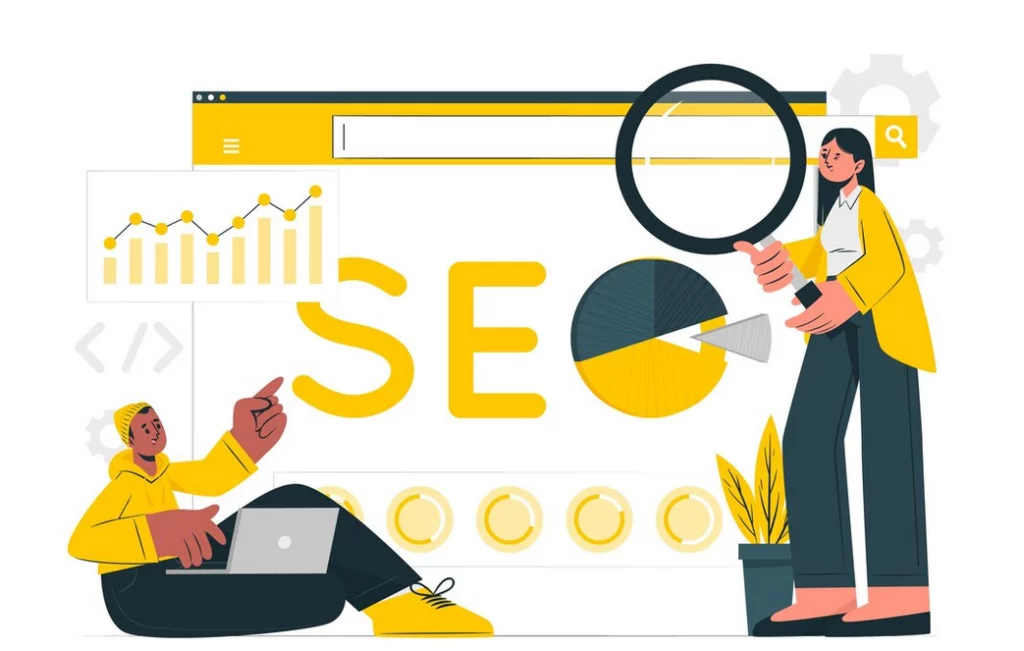
WordPress’s extensive SEO capabilities make it popular for enterprises aiming to attract and retain site visitors. Optimizing your enterprise WordPress website for search engines ensures potential customers easily discover your site. Follow these SEO tips:
- Use SEO-Friendly Themes and Plugins: Choose lightweight themes and plugins, as search engines favor fast-loading sites. Plugins like Yoast SEO can assist in optimizing content and meta tags.
- Optimize Content for Keywords: Research and integrate relevant keywords into your content to enhance search result visibility.
- Improve Website Speed and Performance: Enhance site speed by compressing images, utilizing browser caching, and minimizing HTTP requests. Utilize tools like Google PageSpeed Insights for actionable performance improvement suggestions.
- Ensure Mobile Responsiveness: With increasing mobile device usage, a mobile-friendly website is crucial. Ensure your WordPress theme is responsive, and regularly test your site’s mobile version.
- Implement Structured Data: Add WordPress schema markup to help search engines better understand your website’s content and boost click-through rates.
- Optimize for Local SEO: If targeting a local audience, optimize your site for local SEO by having a Google My Business listing and focusing on local keywords in your SEO strategy.
5. Set Up a Multilingual Site

Incorporating multilingual functionality is imperative for enterprise WordPress sites catering to an international audience. Offering content in multiple languages expands market reach, increases user engagement, and enhances the overall customer experience. Follow these steps to set up a multilingual WordPress site:
- Choose a Multilingual Plugin: Select translation plugins like Weglot or Polylang to translate posts, pages, tags, and categories easily.
- Translate Content: Ensure accurate translation of online content while reflecting cultural nuances.
- SEO for Multilingual Sites: Optimize each language version for SEO by translating meta tags and descriptions and using hreflang tags to inform search engines about language and geographical targeting.
- Configure a Language Switcher: Implement a language switcher to allow users to select their preferred language, placing it prominently on your WordPress website, such as in the header, footer, or navigation menu.
- Regularly Update Translations: Continuously translate new content and updates to maintain consistency and relevance across all language versions.
6. Maintain the Website Regularly

For enterprise websites, consistent upkeep is paramount due to their handling of elevated traffic and intricate features. Failure to perform routine maintenance for your WordPress site can expose it to security vulnerabilities, impede performance, and diminish search engine rankings.
Here are crucial maintenance tasks that should be routinely implemented:
- Automated Backups: Regularly initiate computerized backups of your website to fortify against potential data loss. Nestify facilitates this with automated weekly or daily backups integrated into all its hosting plans.
- Staging Environment for Updates: Employ the WordPress staging environment to test updates before applying them to the live site. This practice helps preemptively identify and address potential conflicts or issues.
- Performance Checks: Routinely conduct performance checks to swiftly identify and rectify any issues that could impede the speed and efficiency of your WordPress website.
- Database Optimization: Regularly clean and optimize your WordPress website’s database to enhance overall efficiency and reduce loading times.
- SEO Audits: Periodically perform SEO audits to ascertain that your site remains optimized for search engines. Staying abreast of current best practices and adjusting strategies as needed ensures sustained search engine optimization.
- WordPress Maintenance Services: Explore utilizing WordPress maintenance services, which can adeptly handle routine maintenance tasks. This allows you to divert your focus to other critical aspects of managing your enterprise, ensuring sustained functionality and performance.
Conclusion:
In summary, WordPress surpasses its conventional role as a content management system for the general public, evolving into a versatile platform adept at meeting the intricate demands of substantial enterprises. Following the strategic steps outlined in this guide empowers businesses to leverage WordPress’s capabilities, crafting a resilient and influential digital presence that positions them ahead in the competitive digital landscape. Unleash the complete potential of WordPress to elevate your enterprise website to unprecedented heights.
WordPress for Enterprise FAQ:
Can WordPress Handle High Traffic Volumes for Enterprise Websites?
Certainly. When coupled with the appropriate hosting infrastructure, WordPress excels at efficiently managing high-traffic volumes for enterprise websites.
How Does WordPress Compare With Other Enterprise CMS Platforms?
WordPress stands out favorably when compared to other enterprise CMS platforms. Its open-source nature, expansive customization options, and scalability contribute to its enterprise content management systems competitiveness.
Does WordPress Provide Enterprise-Level Support?
While WordPress operates on an open-source model, numerous hosting providers, such as Hostinger, extend enterprise-level support. This ensures the resilience and dependability of your enterprise website by providing specialized assistance and solutions tailored to meet the unique needs of large-scale operations.



